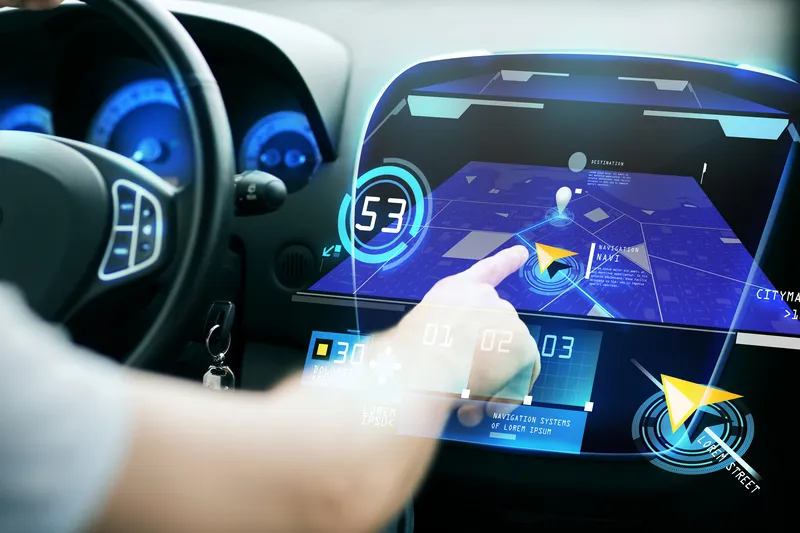The Mobility Innovation Consortium, a group led by East Japan Railway (JR East), is organising the three-month trial to evaluate self-driving technology for bus transit applications.
Advanced Smart Mobility will provide the bus, which will operate on JR East’s bus rapid transit (BRT) lines in Rikuzentakata City, Iwate Prefecture.
High-sensitivity magnetic impedance (MI) sensors from magnetic markers placed on the BRT routes will identify the position of the bus. Tests will be carried out to assess the operation of the bus autonomous lane-maintenance and speed control systems. The vehicle will operate at speeds of 40kmh or lower while stopping at designated positions.
Precision docking tests will utilise magnetic markers which communicate spatial information to stop the bus automatically as it reaches the platform of the BRT station.
A third test will use radio communication between the bus and location-detection systems to verify the ability of a bus to negotiate passage on a BRT roadway wide enough for one vehicle, as another vehicle approaches from the opposite direction.
Additionally, location-detection tests will use GPS to verify navigation and distance-measurement systems.
Aichi Steel will supply magnetic markers and Softbank is responsible for multi-global navigation satellite system terminals. Nippon Signal is providing the signal light and signal control equipment while NEC is handling the target track creation and control of the magnetic marker system.
NEC converts information about the road design map, such as curves, lines, and slopes, into electronic data to create the target path. “The information from the magnetic markers and RFID tags is then read by the bus so that it can identify its position,” the company says. “This system supports smooth driving along the target path.”
Kyocera participates in self-driving bus test in Japan
Kyocera has installed roadside units to enable Vehicle to Infrastructure (V2I) communications for a self-driving bus test in Japan.
The Mobility Innovation Consortium, a group led by East Japan Railway (JR East), is organising the three-month trial to evaluate self-driving technology for bus transit applications.
Advanced Smart Mobility will provide the bus, which will operate on JR East’s bus rapid transit (BRT) lines in Rikuzentakata City, Iwate Prefecture.
High-sensitivity magnetic impedance
December 21, 2018
Read time: 2 mins









